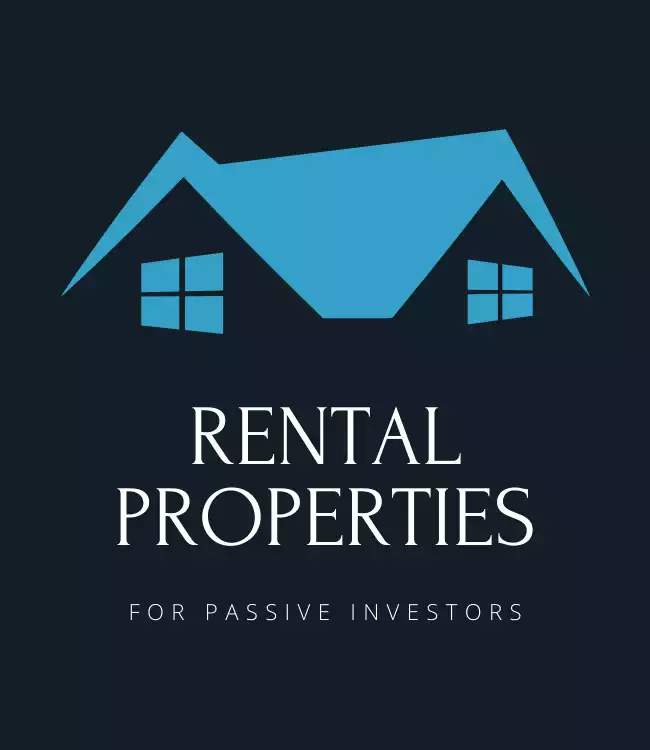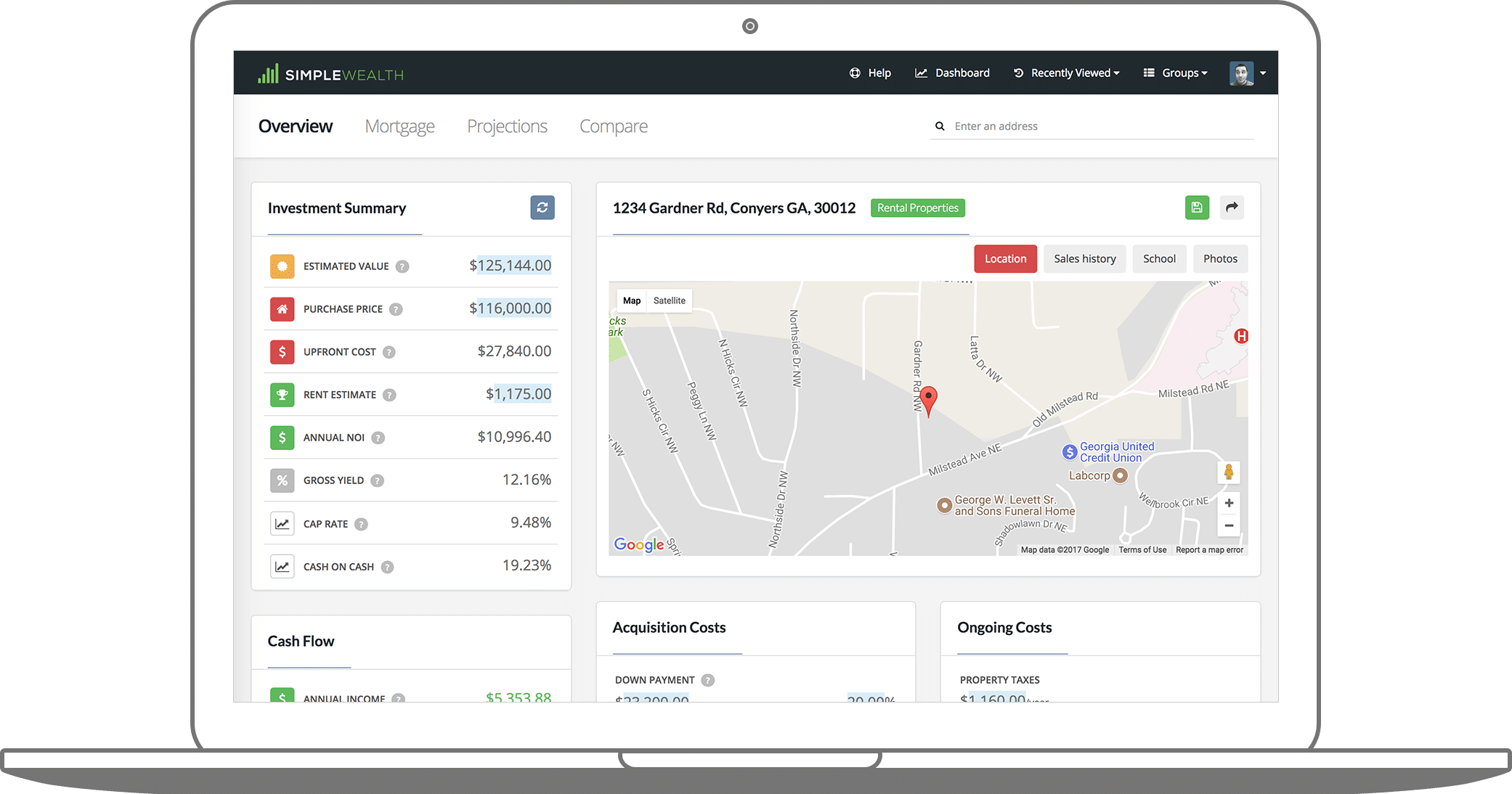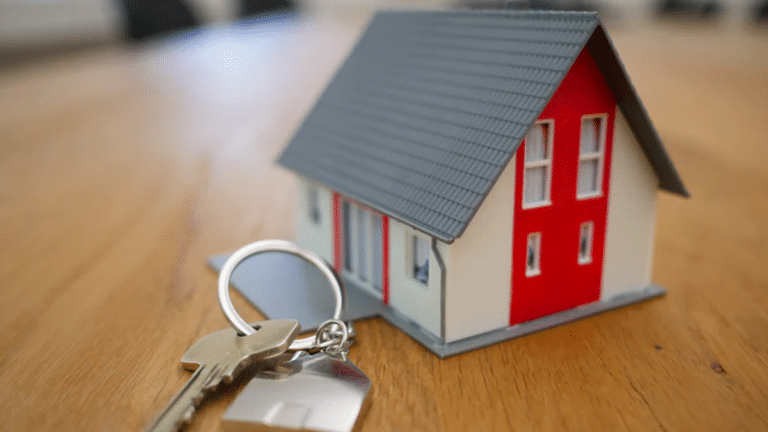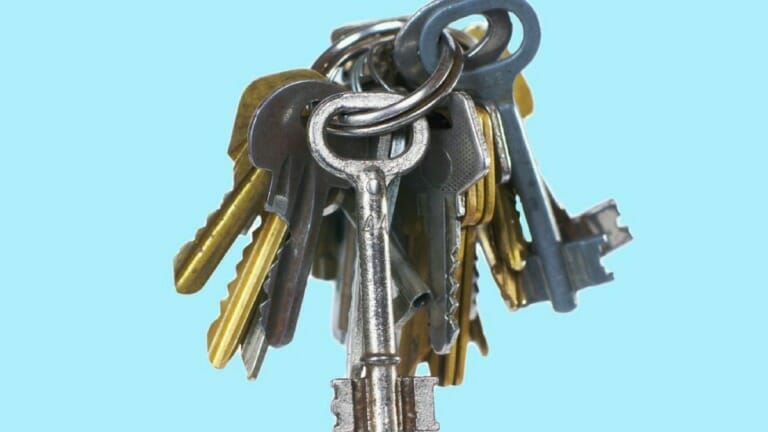The money and math behind investing in real estate. If you want to buy an investment property you will need to be able to do some basic math.
If you followed the advice in my first article, you now have decided where you want to buy your first investment property and what your tenant demographic will be. The next step is to evaluate an investment property’s ability to make money.
When researching a second
I read more detailed books, focusing on those that provided guidelines or formulas for calculating if a property can actually make money each month after all expenses.
Frank Gallinelli’s book “What Every Real Estate Investor Needs to Know about Cash Flow…and 36 Other Key Financial Measures” goes into incredible detail about how to analyze real estate deals.
The Ten Percent Rule
Applying the 10% rule greatly reduces the number of investment properties to evaluate by identifying only the strongest investment properties in the area. These properties are good candidates to examine further and identify any repairs or maintenance work that will need to be done before being rental ready.
Quick Tip: Divide your annual rental income by the purchase price: if this is greater than 10% (0.1) it should be a solid investment.
Shopping!
Now the fun starts. Time to start looking at houses! I advise finding a real estate agent that is familiar with investment properties in the area. Sellers pay the real estate commission, so it helps the buyer to have an agent researching properties and lining up showings that fit your criteria and goals.
The real estate agent should be able to screen all properties for sale and can give you an idea of how much rent to expect.
Shopping for a rental house is a little different than shopping for your own home. An ideal investment property looks good and will be able to withstand the wear and tear tenants will put it through.
Try not to get too attached to the houses you look at. Remember, this is a business decision.
Our proven, data-driven approach to building a portfolio of income-producing rental properties that perform in the long-term.
Cash Flow
What you are really looking for is a nice home that has excellent cash flow. Cash flow is simply your monthly income minus your monthly expenses. It is important to predict and plan for as many monthly costs as possible in order to have the most accurate comparisons.
If you’re not into building epic spreadsheets then tools like Investable can calculate your cash flow for you including all expenses and cost of obtaining the property. It will also help you understand your properties’ income, appreciation, and equity to make sure you are always cash flow positive.
Don’t guess the value of your investment, calculate it. An investment property is more than just a monthly profit. You need to see the full picture.
When calculating the cash flow for a potential investment property, you must include:
- Expected rental income: Compare similarly priced and sized homes in the neighborhood that are currently rented to understand monthly rental income potential.
Repairs/Maintenance: Will the home require repairs before being rented, or is it ready immediately? How old are major items like roof, HVAC, and appliances?
Property Manager Fees: Will you have someone manage it for you or will you manage it yourself? Our property manager charges 12% of each rent check; some charge a one-time fee for securing and screening a tenant, and some do a combination of fees.
Since we live far away, having a property manager is really the only option for us. A property manager should handle advertisements, screening tenants, inspections, basic maintenance, coordinating repairs, and any court actions if necessary.
Insurance: A basic fire policy will ensure the structure and provide moderate personal liability protection. I recommend you also get umbrella insurance for all your rentals to increase your overall liability protection.
Property taxes: Varies widely based on your city. You can find this on the internet or from a local real estate agent.
Advertising: You may pay for advertising or it may be included with your property manager fees.
Utilities: Some landlords pay for utilities like trash or landscaping. I have only paid utilities between renters to keep utilities on for showing the house.
Vacancy: You have to be financially prepared to pay the mortgage if you have no tenant. I have never gone more than 2 months with an empty property but this depends on picking a desirable home in a good location that has rental demand.
Mortgage payment: I always choose a 30-year mortgage at the lowest annual percentage rate (APR) I can find. This will be discussed in more detail in the next article.
Homeowner association (HOA) fees: HOAs can provide great amenities for your renters, but they can also eat into your profits and create additional risk depending on how well or poorly the HOA is managed. If choosing a property with an associated HOA, the association should provide some tangible benefits to the renter that can justify charging higher rent.
The Breakdown
To give you some real cash flow examples, my current fixed costs are listed below broken down into monthly amounts. Maintenance can vary based on your home condition and also on the tenant.
Some tenants call to have you change a light bulb and some only call when a pipe bursts!
For this example, we will use $40 a month as an estimate. If you know a major repair will be needed on the property you will have to use a larger monthly estimate. You might manage the property yourself saving in that category. Remember the more expenses you predict the better your comparisons will be.
| Property #1 | Property #2 | Property #3 | |
| Monthly Rent | $1010 | $775 | $1050 |
| Repairs/Maintenance | $40 | $40 | $40 |
| Property Management | $121.20 | $93 | $126 |
| Insurance | $51.49 | $35.91 | $59.25 |
| Property Tax | $67.44 | $113.73 | $190.08 |
| Advertising | Included in Mgt fee | Included in Mgt fee | Included in Mgt fee |
| Utilities | $0 | $0 | $0 |
| Vacancy | $0 | $0 | $0 |
| Mortgage Payment | $518 | $0 | $400.67 |
| HOA fees | $0 | $0 | $0 |
| Cash Flow | $211.87 | $492.36 | $234.00 |
When looking for a new property, my minimum cash flow requirement is $200 a month. It may not sound like much money but it covers all expenses and allows me to build up a reserve in case of large repairs. I keep my reserves in a separate
You can also check out our guide on how to calculate rental yields here.
Our proven, data-driven approach to building a portfolio of income-producing rental properties that perform in the long-term.
Tax Deductions
These funds are used to pay for property taxes, repairs, and maintenance on the properties, or a down payment for the next house. While we are earning money each month, our tenant is paying down our mortgage for us, increasing our equity in the home and increasing our net worth.
Also unlike a primary residence where only mortgage interest and property tax is deductible, everything listed above is tax-deductible.
Repairs, property management fees, mortgage interest, insurance, etc., are deductible expenses. The value of the
Unless you plan on living in part of the house and renting out the other part, never purchase a home that has negative cash flow!
After calculating the expected monthly expenses for your cash flow requirement, it is time to estimate the one-time expenses to acquire the property.
What percent down will your lender require? Estimated closing costs? Are there any renovations or repairs are needed before you can rent the property?
Renovations And Repairs
Since being an investment property owner is a business venture, I recommend renovating wisely and only when necessary to improve the monthly rental income of the property.
Last year I needed to do my first major repair on a rental house. A water pipe under the floor of the master bathroom broke, requiring repair to the subfloor and the water pipe. I knew the renter was leaving in a few months so I took this opportunity to completely gut the bathroom and update it.

We ended up repairing the broken pipe, laying a new tile floor, painting the walls and installing an all-new shower, toilet, sink, and vanity. It is always good to know that renovations can add value to your home when you eventually sell it, but as an investor, you need to know if that money is a good investment as well.
Adding Value
According to Scott McGillivray, the host of HGTV Income Property and author of “How to Add Value to Your Home”, the top five renovations for return on investment are:
- Building an income suite. Or “mother-in-law suite”, in your existing home. Creating a separate area or room in your home that you can rent increases the value of your property and generates monthly cash flow for you.
- Painting. This will give your home a fresh and clean look at a low cost.
- Renovating kitchens and bathrooms. These are the rooms tenants remember the most. They need to have a good layout and up to date appliances and fixtures.
- Flooring. Hardwood flooring that is consistent throughout the home will give a spacious and modern feel.
- Light fixtures and door hardware. Installing up to date finishings around the house can transform spaces with minimal costs.
ROI On Renovations
When deciding on renovations, look at the return on investment in terms of time it will take to pay it back. and at least 15% of unexpected expenses to the contractor’s estimate for the renovation. Then divide that by the monthly rent amount to see the number of months needed to pay off the renovation.
For my example, the final bathroom renovation cost was $5,200 for all the labor and materials. I was collecting $910 a month rent. $5200/$910 = 5.7 months for the payoff. The renovation quickly paid for itself. When the tenant moved out I was able to raise the rent by $100 and secure a new tenant.
I consider any renovation that will pay for itself in less than two years to be a smart investment. For larger renovations like a kitchen, between 2-6 years payback could still add real value. You must look harder at the long term plan for the property and make sure the monthly cash flow still meets your requirements.
Opportunity Costs
For the final calculation, we are going to determine if investing in this particular home is worth the time and money. To do so, you compare using your money for this investment property against a different investment, also known as opportunity cost.
In other words, would the money spent on down payments and renovations have profited more by simply investing in a Vanguard Real Estate Investment Trust (REIT)? To do that we are going to calculate your cash on cash return (COCR). COCR allows you to compare investing in something against the opportunity cost of investing in something else.
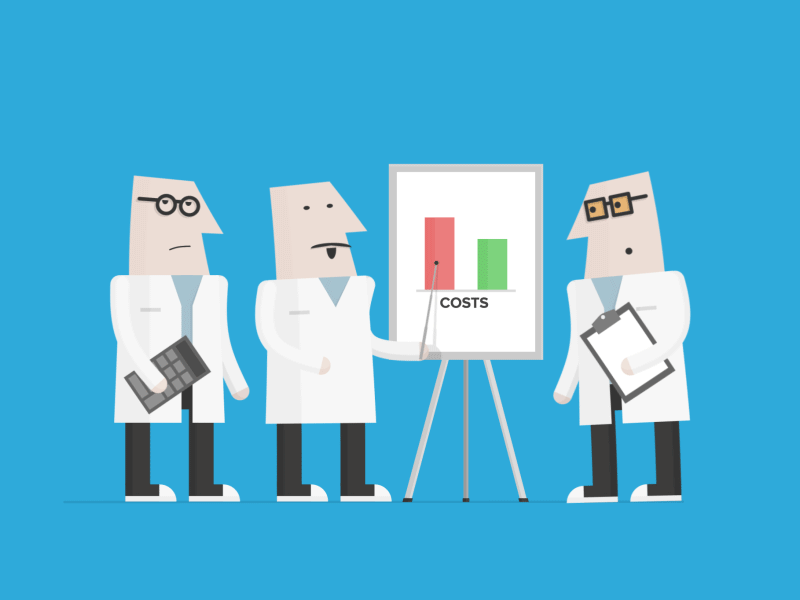
Cash on Cash Return
The first half of the COCR formula is your annual rental income cash flow. For the second half, add up your total cash invested or how much money is needed to acquire and rent the property.
Total cash invested includes the down payment, closing costs, renovations and any carrying costs until the property is rented. Once you have those numbers, you can easily calculate your predicted cash on cash return.
Here is an example from my most recent investment property purchase in 2014 with a 25% down payment:
(Annual Cash Flow/Total Cash Invested) x 100
($3,083.25/$32,020.43) x 100
COCR= 9.62%
What does a COCR number mean? If your number is below 6%, your money might be better off invested somewhere else. Either a different house or a different type of investment. A return between 6-10% is a solid property. It should cover your opportunity cost and help you ride through any market swings with steady and predictable monthly income.
If you are getting above 10%, you’re doing great and should try to find similarly producing properties. Before the market collapse, you could put 5% or even 0% down on homes and get super-sized cash on cash returns. Now, most lenders require 20-30% down for investment properties so a 10% return is considered a good investment.
Investment Property Vs. The Stock Market
Let us compare investing the same money required to purchase and rent out the example investment property, $32,020.43, to the Vanguard REIT (VNQ) which has a dividend yield of 3.30% ($32,020.43*0.033 = $1,056.67).
My annual cash flow of $3,083.25 is almost three times as much as the annual VNQ dividend payment of $1,056.67. But what about the opportunity cost of the stock going up?
Well yes, VNQ was amazing the last three years, returning 16.20%. But it also has years like 2008 when it lost 37.07%. Just like the stock markets rise and fall, home values can fluctuate as well.
The markets for both are unpredictable. This is why I prefer to compare the predictable monthly income of rent checks to determine where to invest my money.
With any investment property, there is a risk. The goal is to reduce your risk by educating yourself, making the right choices and diversification. In the next article, we will continue to dive deeper into financing, and discuss the power of leverage.
